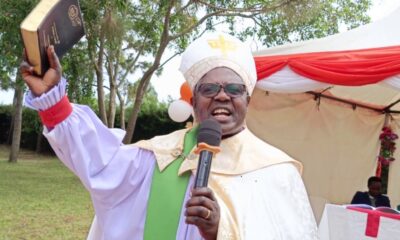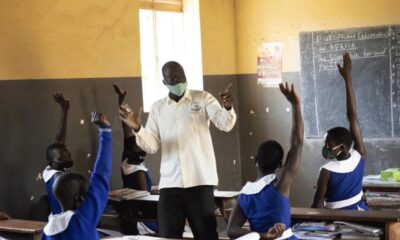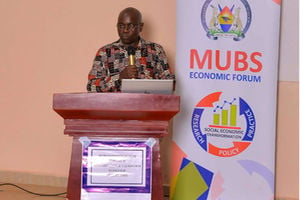Early Childhood Education and Development (ECED) in Uganda faces critical challenges. Despite government efforts, the sector still grapples with inadequate teacher training, lack of standard frameworks, and widespread illegal operations of nursery schools.
Major Challenges
The Ministry of Education has directed nursery schools to stop teaching by midday, responding to concerns about children overstaying at school. Experts agree with this directive but stress that parental work schedules often influence these timings.
Government Initiatives
In December 2018, the government launched the Early Childhood Care and Education (ECCE) policy to improve access to quality, inclusive, and sustainable ECED services. The policy aims to standardize management and financing of ECED delivery.
Illegal Operations
In March last year, the government planned to close over 20,000 unregistered kindergarten schools. Currently, out of 28,208 kindergarten schools, only 4,123 are registered.
Training and Certification
Mr. Hasadu Kirabira, chairperson of the National Private Education Institution Association (NPEIA), highlighted the absence of functioning teaching frameworks for nursery education. He urged the government to develop these frameworks, as nursery teachers should be certified to ensure quality education.
Higher Education Initiatives
Several universities, including Uganda Martyrs-Nkonzi, Kyambogo, and Kampala International, have introduced degrees in Early Childhood Learning. These programs aim to equip teachers with the necessary skills to effectively educate young children.
Expert Opinions
Dr. Lawrence Muganga, Vice Chancellor of Victoria University, noted the lack of a uniform framework for training childhood experts. He emphasized the need for more institutions offering early childhood programs to meet the growing demand.
Ms. Robinah Namuyaba, a senior lecturer at Uganda Martyrs University-Nkozi, stressed the importance of understanding the unique needs of young children. She advocated for a curriculum that incorporates play-based learning and addresses special needs.
In conclusion , addressing the gaps in early childhood education in Uganda requires a concerted effort from the government, educational institutions, and the community. Standardizing teaching frameworks, certifying teachers, and ensuring all schools operate legally are crucial steps towards improving ECED.

















